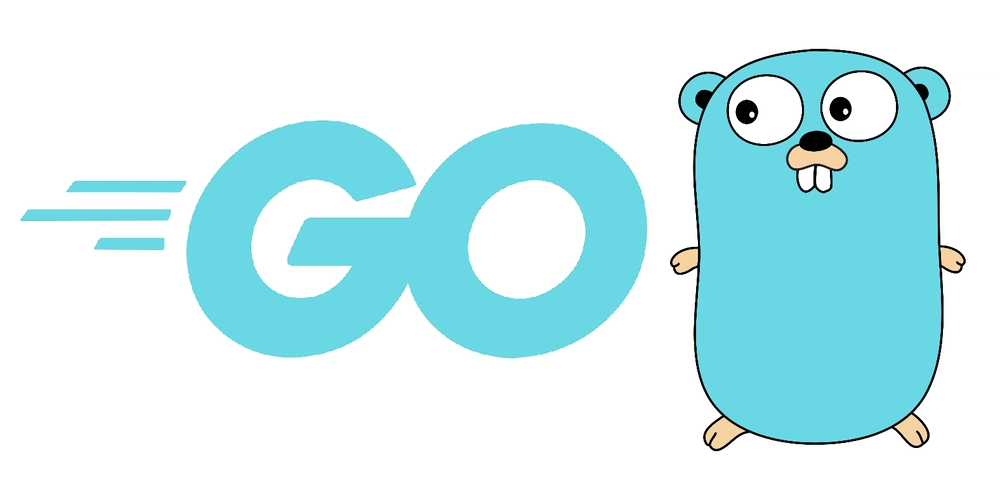How is the importance of clean code?
Hello, developers out there. I imagine you've heard of the famous book Clean Code by Robert Cecil Martin. Basically, this concept called "Clean Code" aims to make code easy to read, understand and maintain. Understanding how to write clean code is highly valuable in the market. But how do I achieve this clean code? First: Keep Calm, not is necessary your code be clean But is recommended First, see the benefits: If you are into a company, anothers devs can understand your code and do updates I'll help you finish this blog post: But how do I achieve this clean code? First: Keep Calm, not is necessary your code be clean But is recommended First, see the benefits: If you are into a company, anothers devs can understand your code and do updates. This improves team efficiency and reduces onboarding time for new developers. Second, clean code makes maintenance easier. When you return to your code after months or even years, you'll thank yourself for writing readable, self-explanatory code. Third, it reduces bugs. Clear code allows you to spot problems more easily and prevents many common errors from occurring in the first place. So how do we actually write clean code? Here are some core principles: Meaningful names: Variables, functions, and classes should have descriptive names that reveal their purpose. Avoid abbreviations and single-letter variables (except in specific contexts like loops). Functions should do one thing: Keep functions small and focused on a single task. This makes them easier to understand, test, and reuse. Comments are a last resort: Good code should be self-documenting. If you need a comment to explain what your code does, consider rewriting the code to make it clearer. Consistent formatting: Follow a style guide and be consistent with indentation, spacing, and braces. Many teams use automatic formatters like Prettier or Black. Error handling: Deal with exceptions properly and don't swallow errors. Make sure error messages are informative. Unit tests: Clean code is testable code. Writing tests forces you to create modular, well-structured code. Avoid duplication: Follow the DRY principle (Don't Repeat Yourself). Extract repeated code into reusable functions. Let me share a quick example of transforming messy code to clean code: // Before function x(a, b, c) { let res = 0; for(let i = 0; i b && a[i] number > lowerBound && number sum + number, 0); } Remember, clean code is a journey, not a destination. You won't master it overnight, but with practice and awareness, your code will gradually improve. Start small—refactor one function at a time. Review your pull requests before submitting them. Read other developers' code and learn from it. The most important thing is to care about your craft. As Martin says, "Clean code always looks like it was written by someone who cares." What's your experience with clean code? Share in the comments below!
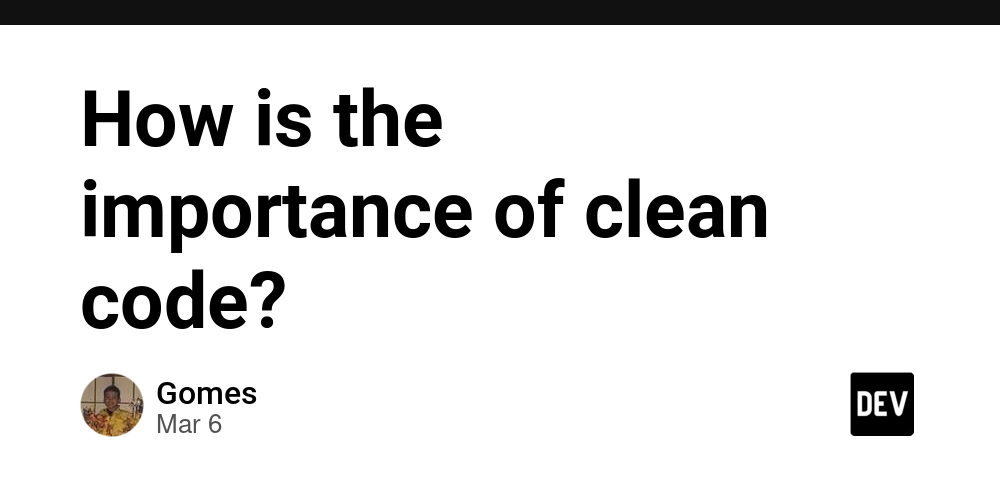
Hello, developers out there. I imagine you've heard of the famous book Clean Code by Robert Cecil Martin. Basically, this concept called "Clean Code" aims to make code easy to read, understand and maintain. Understanding how to write clean code is highly valuable in the market.
But how do I achieve this clean code?
First: Keep Calm, not is necessary your code be clean
But is recommended
First, see the benefits:
If you are into a company, anothers devs can understand your code and do
updates
I'll help you finish this blog post:
But how do I achieve this clean code?
First: Keep Calm, not is necessary your code be clean
But is recommended
First, see the benefits:
If you are into a company, anothers devs can understand your code and do updates. This improves team efficiency and reduces onboarding time for new developers.
Second, clean code makes maintenance easier. When you return to your code after months or even years, you'll thank yourself for writing readable, self-explanatory code.
Third, it reduces bugs. Clear code allows you to spot problems more easily and prevents many common errors from occurring in the first place.
So how do we actually write clean code? Here are some core principles:
Meaningful names: Variables, functions, and classes should have descriptive names that reveal their purpose. Avoid abbreviations and single-letter variables (except in specific contexts like loops).
Functions should do one thing: Keep functions small and focused on a single task. This makes them easier to understand, test, and reuse.
Comments are a last resort: Good code should be self-documenting. If you need a comment to explain what your code does, consider rewriting the code to make it clearer.
Consistent formatting: Follow a style guide and be consistent with indentation, spacing, and braces. Many teams use automatic formatters like Prettier or Black.
Error handling: Deal with exceptions properly and don't swallow errors. Make sure error messages are informative.
Unit tests: Clean code is testable code. Writing tests forces you to create modular, well-structured code.
Avoid duplication: Follow the DRY principle (Don't Repeat Yourself). Extract repeated code into reusable functions.
Let me share a quick example of transforming messy code to clean code:
// Before
function x(a, b, c) {
let res = 0;
for(let i = 0; i < a.length; i++) {
if(a[i] > b && a[i] < c) {
res += a[i];
}
}
return res;
}
// After
function sumNumbersInRange(numbers, lowerBound, upperBound) {
return numbers
.filter(number => number > lowerBound && number < upperBound)
.reduce((sum, number) => sum + number, 0);
}
Remember, clean code is a journey, not a destination. You won't master it overnight, but with practice and awareness, your code will gradually improve.
Start small—refactor one function at a time. Review your pull requests before submitting them. Read other developers' code and learn from it.
The most important thing is to care about your craft. As Martin says, "Clean code always looks like it was written by someone who cares."
What's your experience with clean code? Share in the comments below!











































































































































































![[The AI Show Episode 142]: ChatGPT’s New Image Generator, Studio Ghibli Craze and Backlash, Gemini 2.5, OpenAI Academy, 4o Updates, Vibe Marketing & xAI Acquires X](https://www.marketingaiinstitute.com/hubfs/ep%20142%20cover.png)















































































































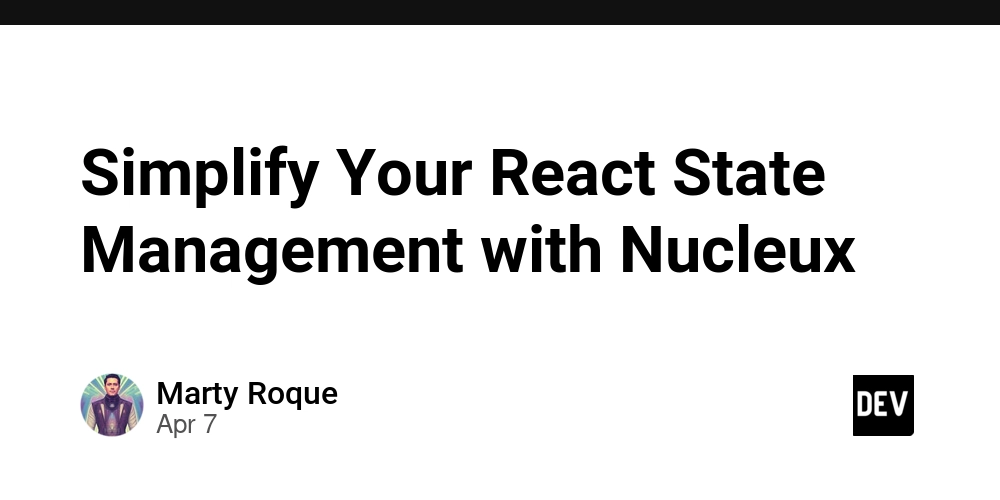
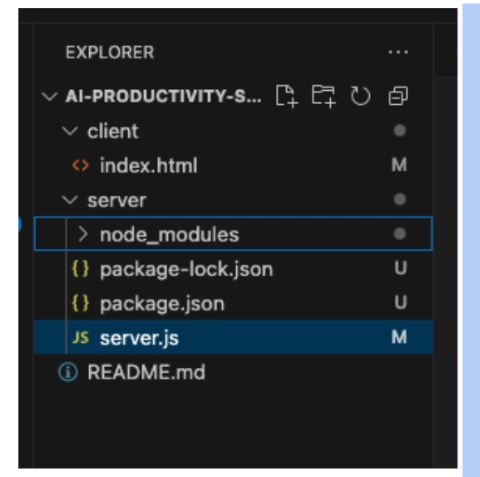

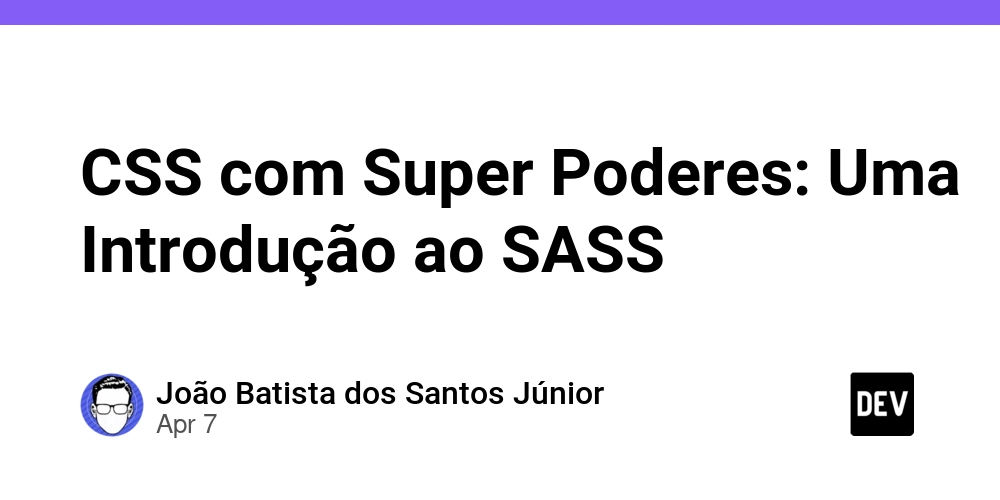









![[DEALS] The Premium Learn to Code Certification Bundle (97% off) & Other Deals Up To 98% Off – Offers End Soon!](https://www.javacodegeeks.com/wp-content/uploads/2012/12/jcg-logo.jpg)


![From drop-out to software architect with Jason Lengstorf [Podcast #167]](https://cdn.hashnode.com/res/hashnode/image/upload/v1743796461357/f3d19cd7-e6f5-4d7c-8bfc-eb974bc8da68.png?#)








































































































.png?#)

































_Christophe_Coat_Alamy.jpg?#)
 (1).webp?#)





































































































![Apple Considers Delaying Smart Home Hub Until 2026 [Gurman]](https://www.iclarified.com/images/news/96946/96946/96946-640.jpg)
![iPhone 17 Pro Won't Feature Two-Toned Back [Gurman]](https://www.iclarified.com/images/news/96944/96944/96944-640.jpg)
![Tariffs Threaten Apple's $999 iPhone Price Point in the U.S. [Gurman]](https://www.iclarified.com/images/news/96943/96943/96943-640.jpg)



































































































































